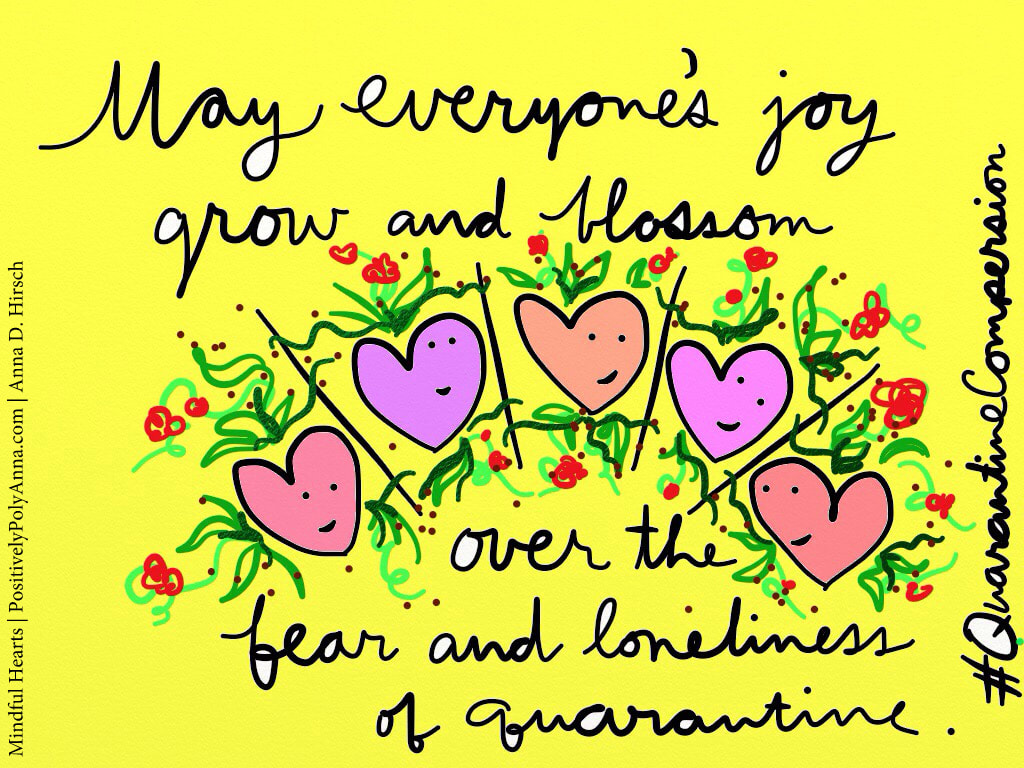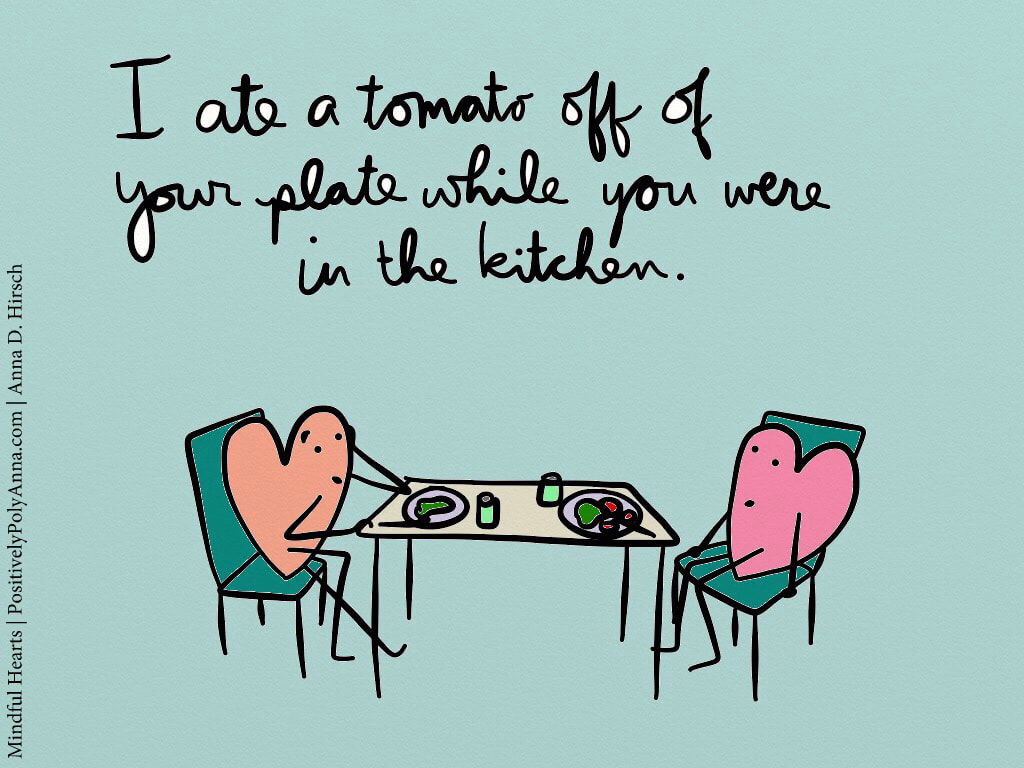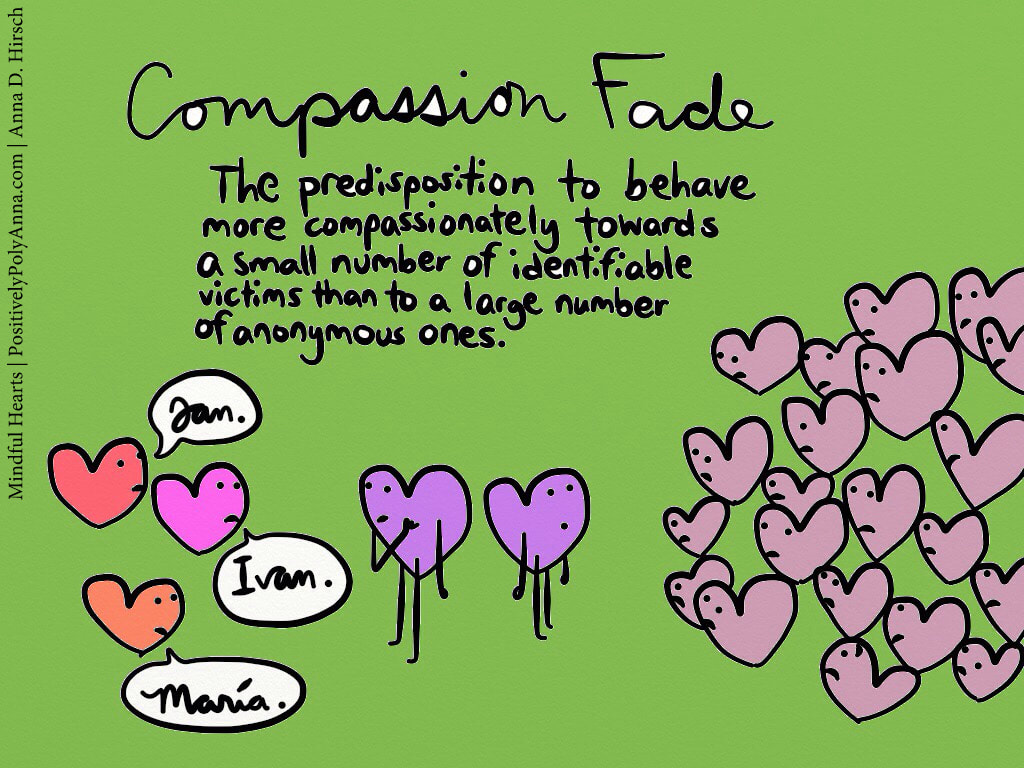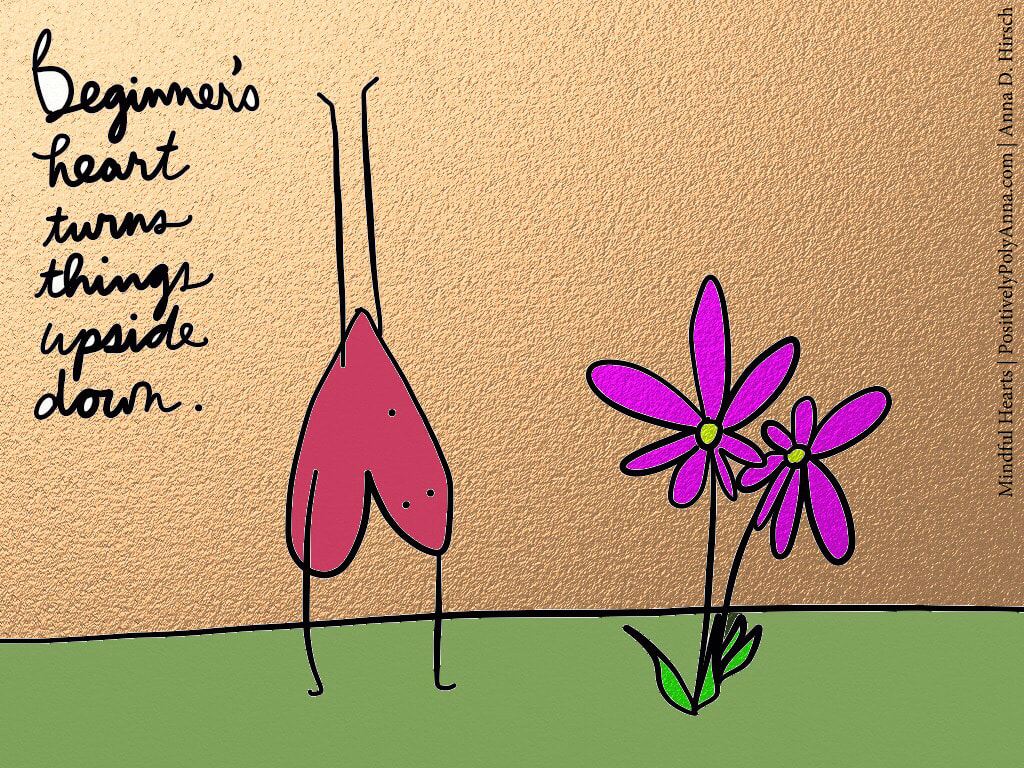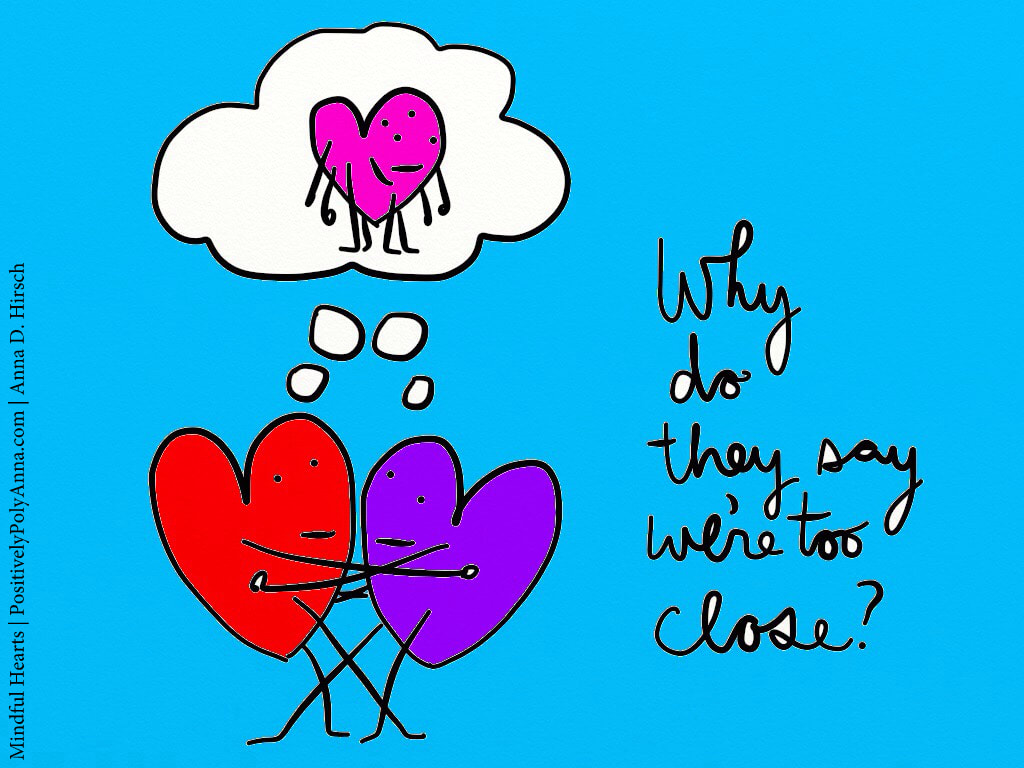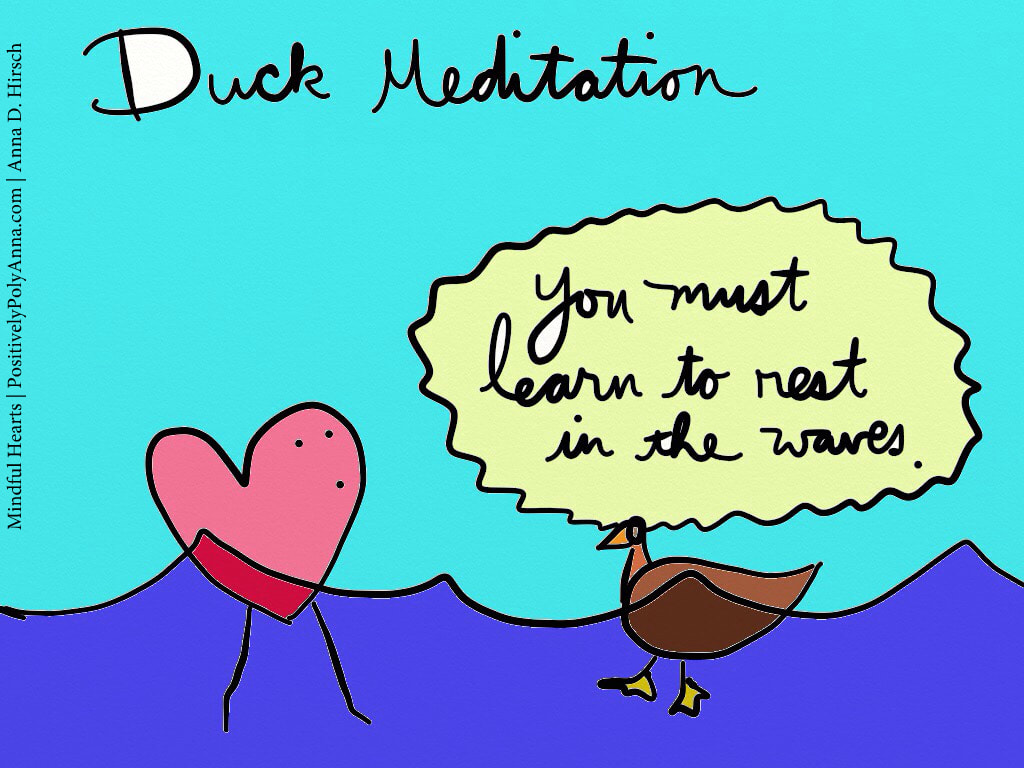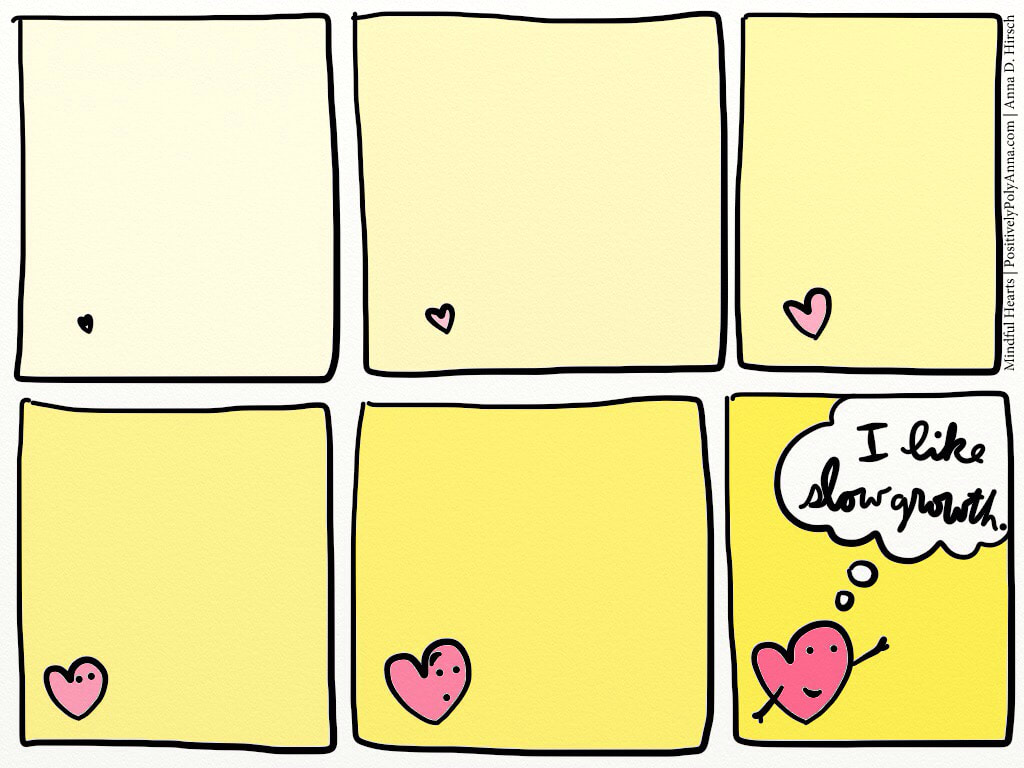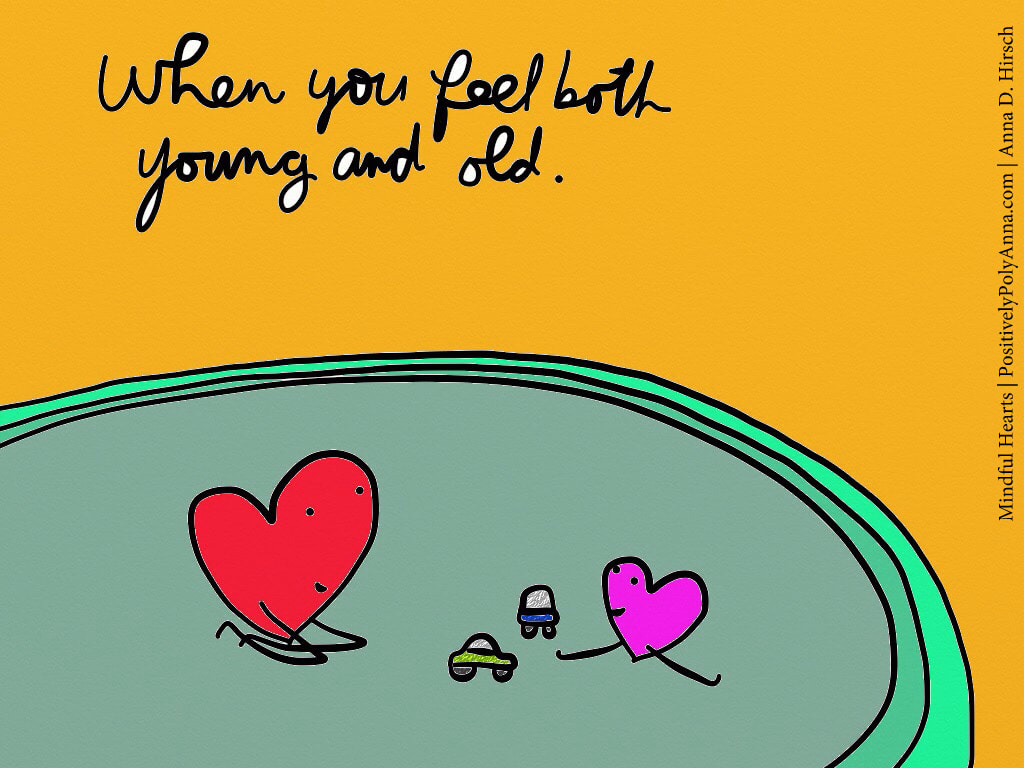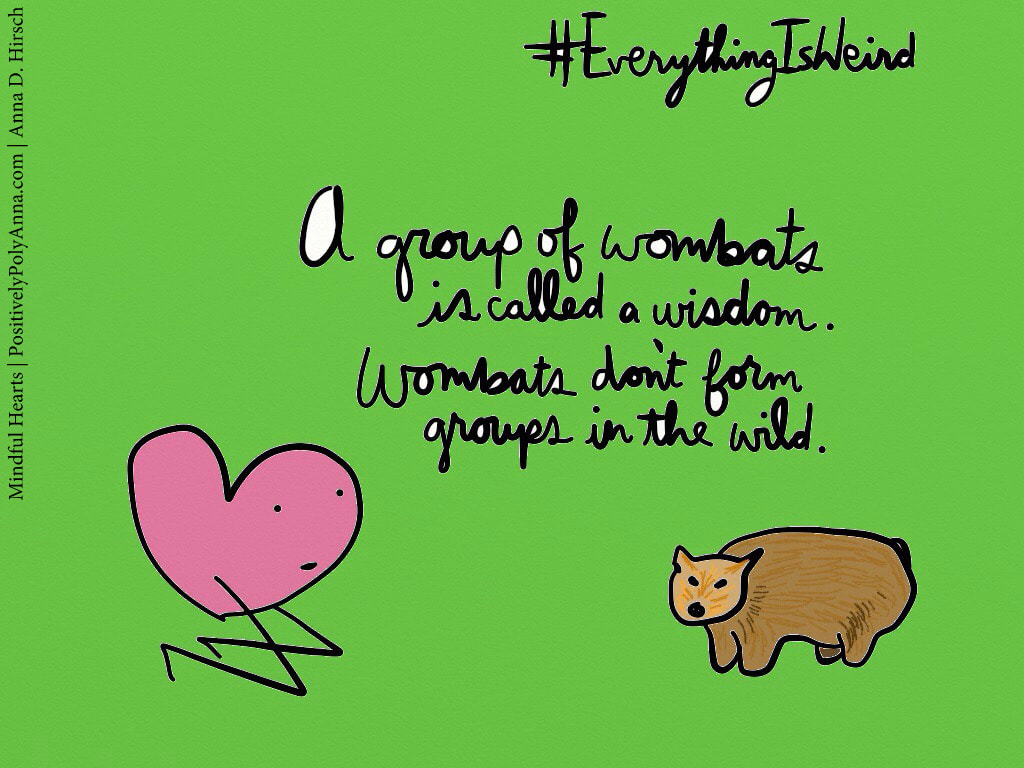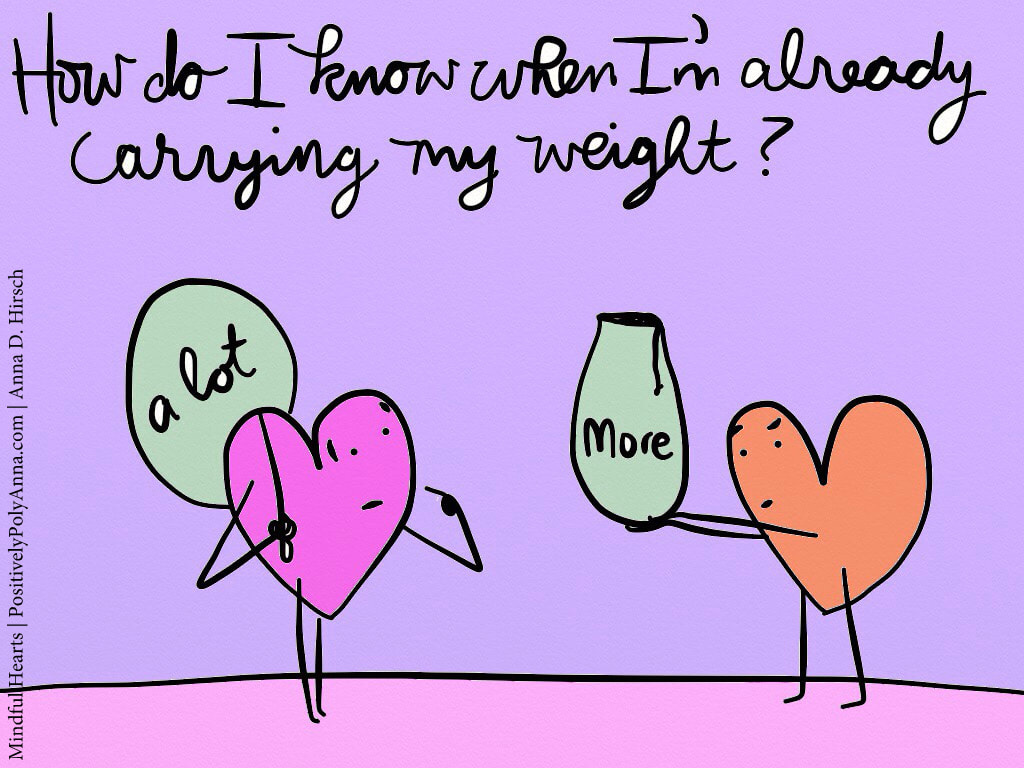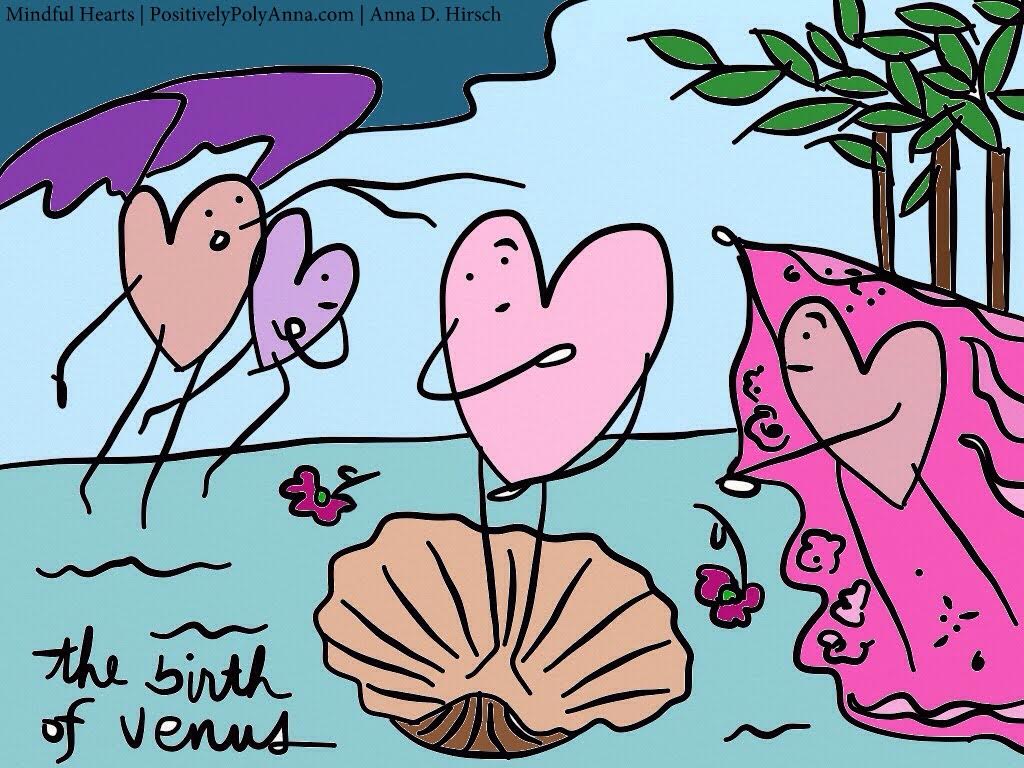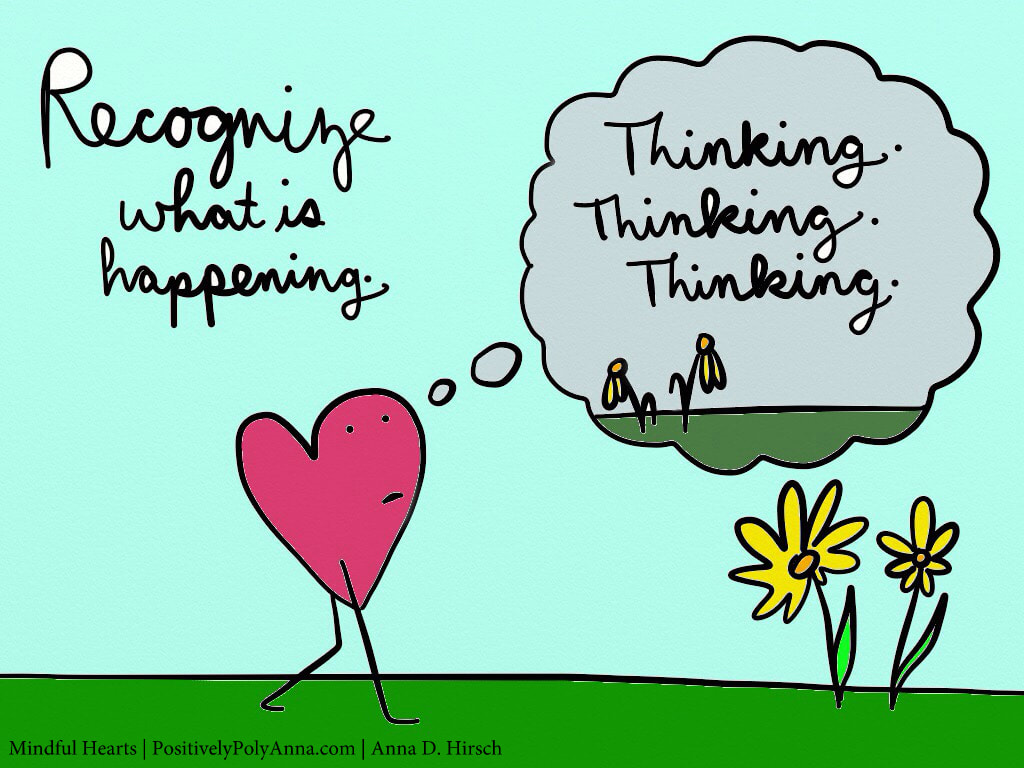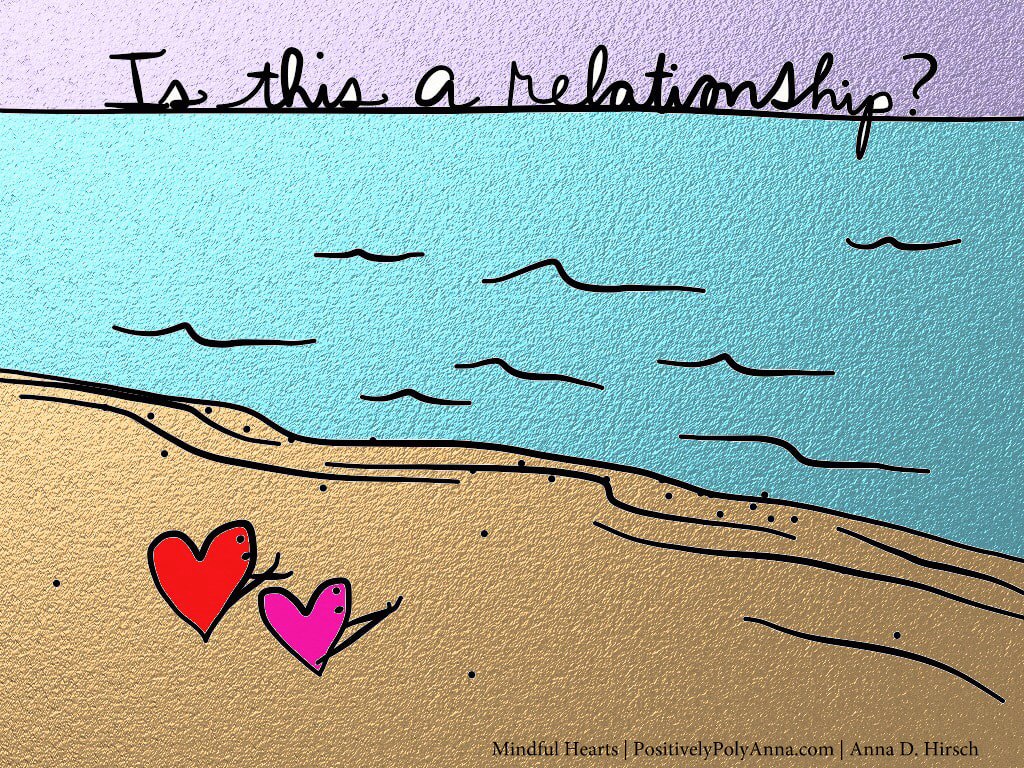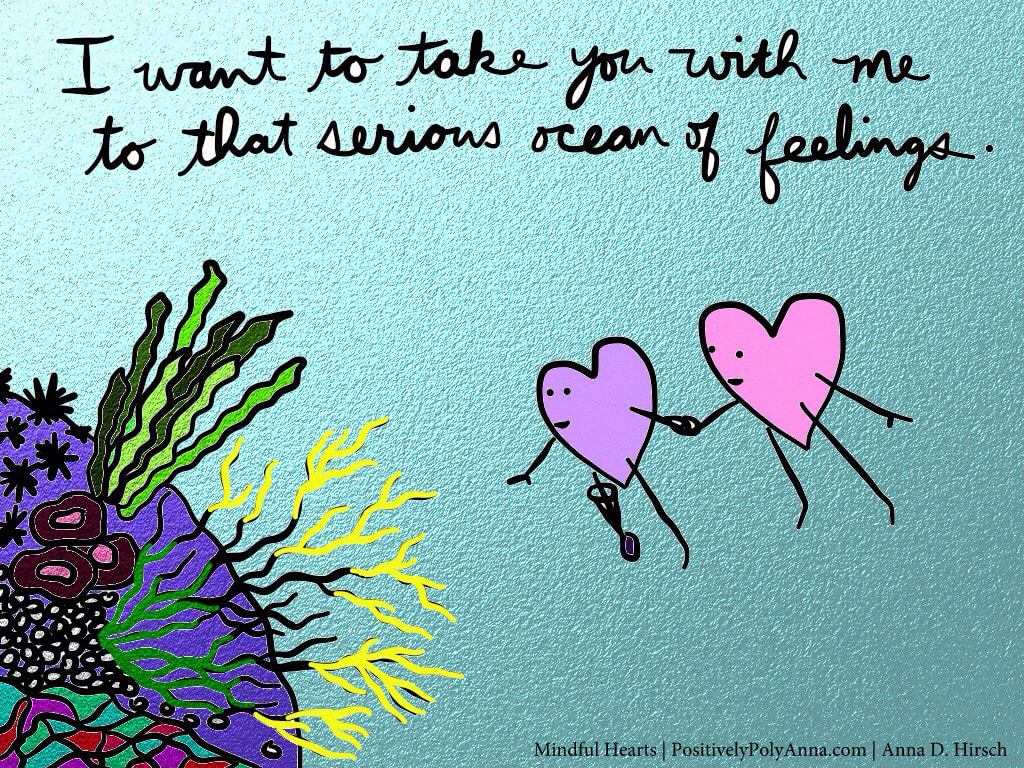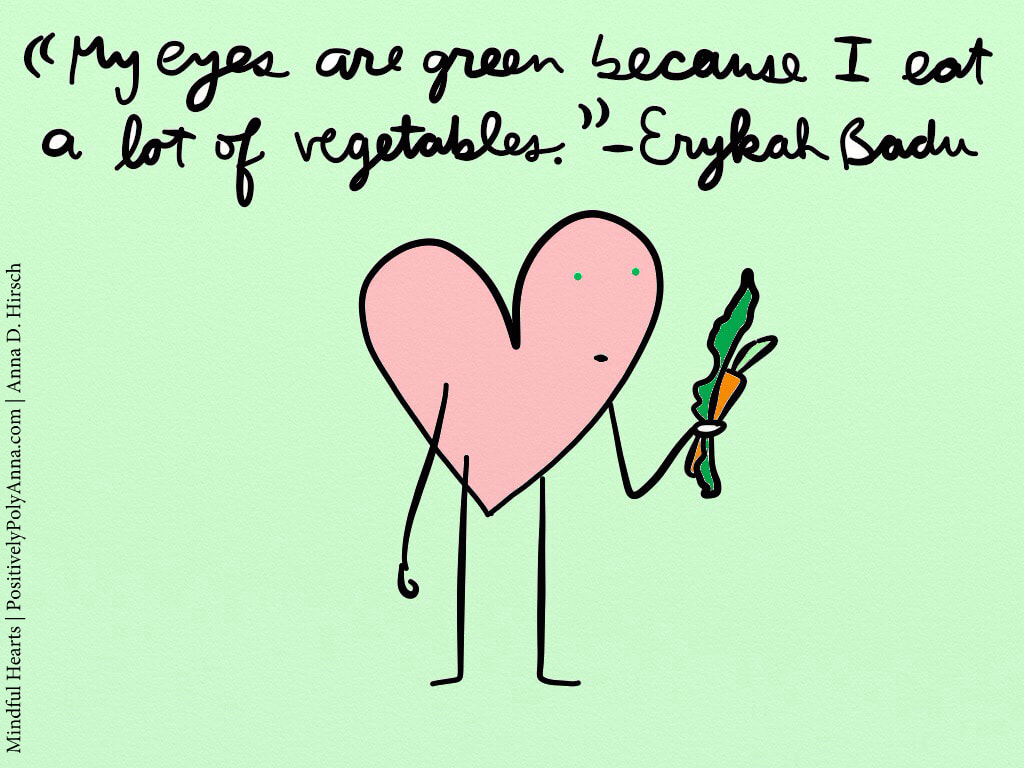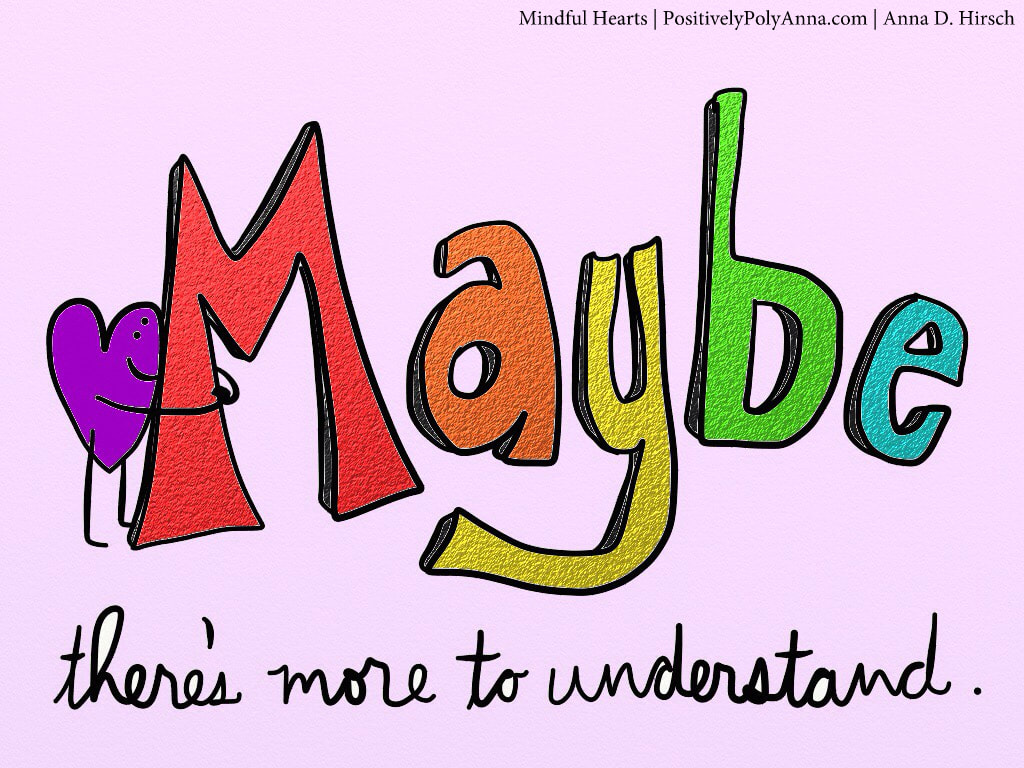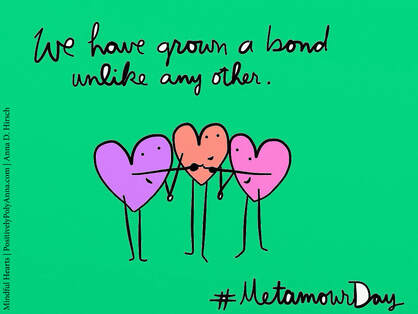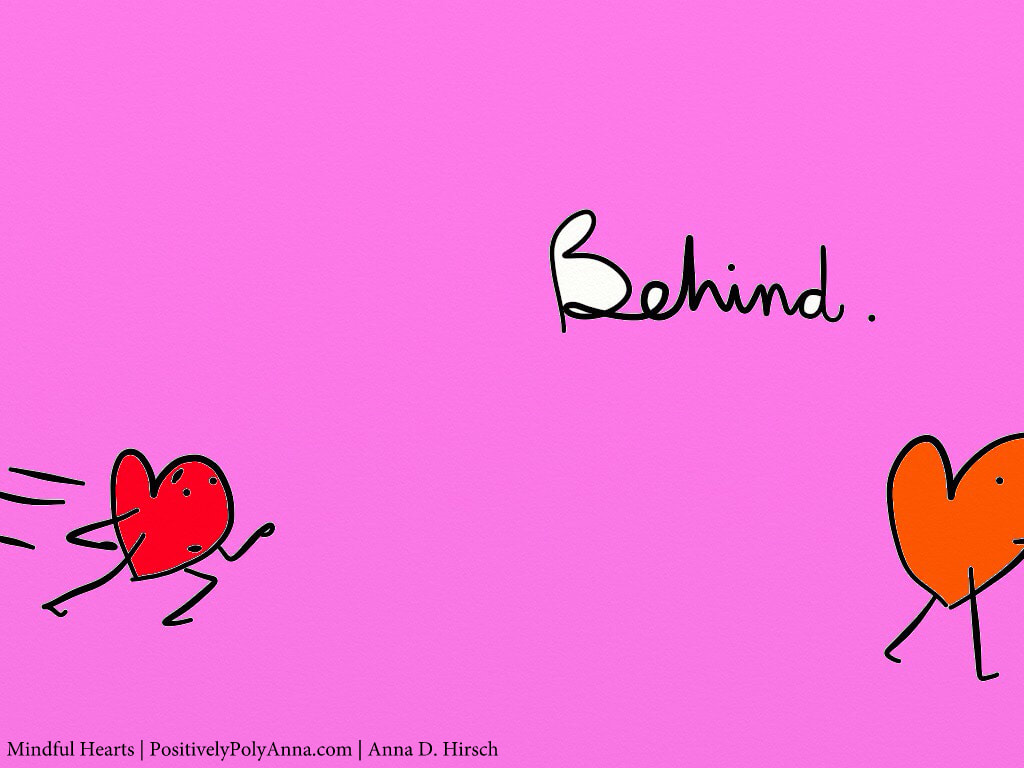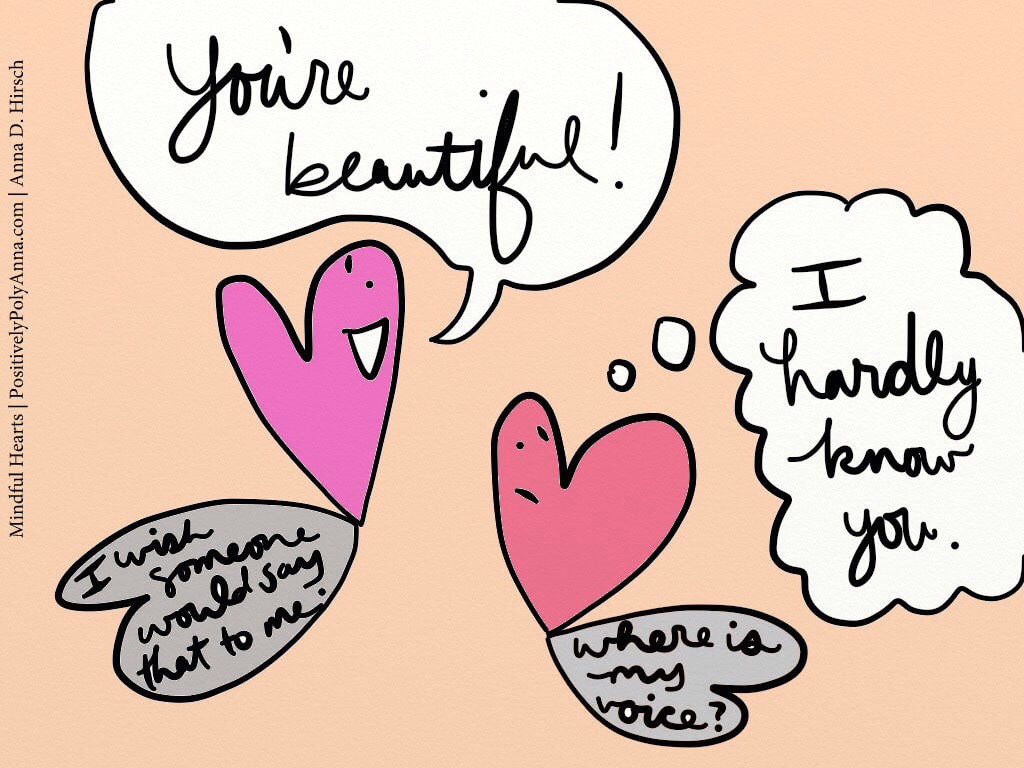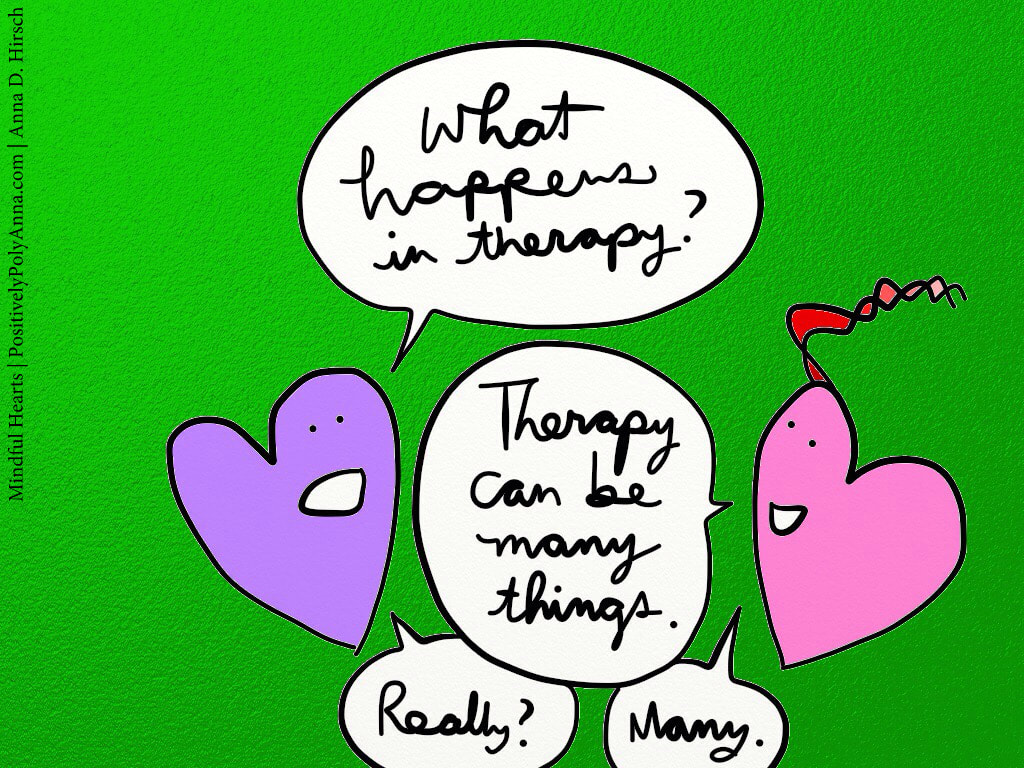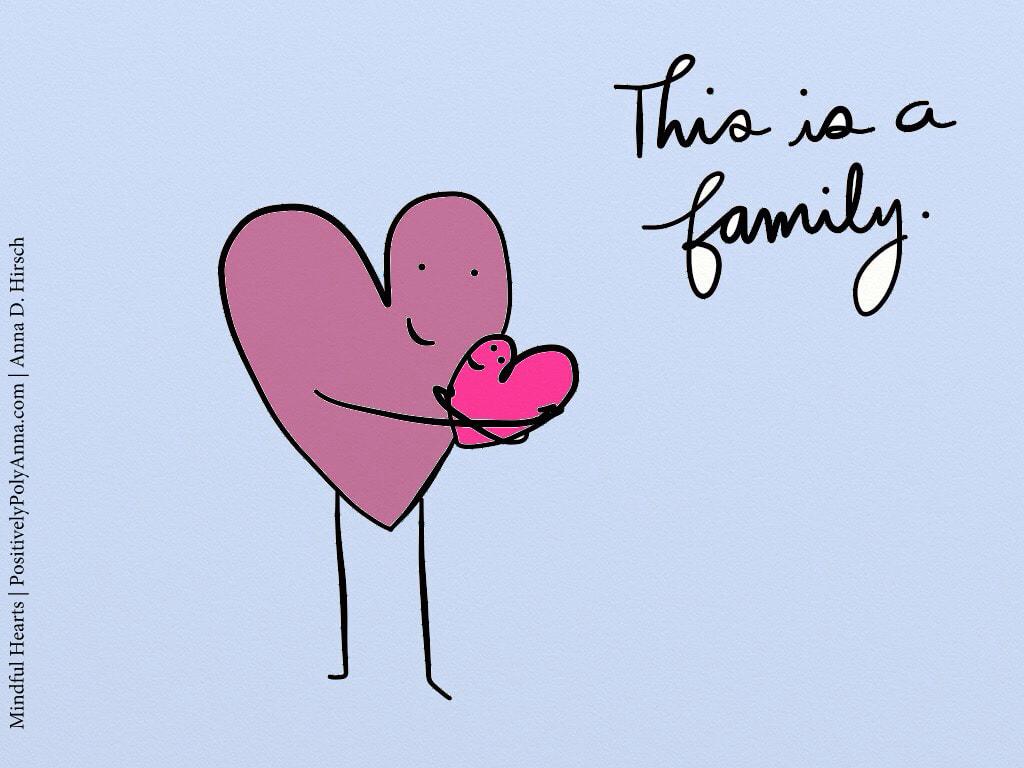Much thanks to Paul MacLean's book The Triune Brain in Evolution, a generation of popular phrases like "lizard brain" and "critter brain" have cropped up in Western culture, helping to evolve psychology storytelling about how and why people react and respond to different life stressors and traumas. Less popular — though steadily gaining traction — is a new neurobiological viewpoint that the cluster of neurons around the heart and the gut give meaningful reason to talk about the "heart brain" and the "gut brain," in addition to the head brain.
Stephen Porges is bringing these ideas together to support new understanding of how the heart brain shares information with the head brain (the gut brain does this also) through a three-part system for regulating human nervous activation, the Triune Autonomic Nervous System. Where previously scientists believed that the body had only two branches of the nervous system, fight/flight (sympathetic) and rest/rebuild (parasympathetic), Porges argues that there is also a third branch, the social nervous circuit, which is wired for integration of experience.
As with the most recently evolved part of the head brain, this third system is the first system to get knocked out under extreme duress. Nonetheless, where the triune (head) brain is sometimes broken down into the action brain, the emotional brain, and the thinking brain, Porges' theories suggest that there may also be a mobilizing heart and a feeling heart that seek to survive and find pleasure in life, as well as an intelligent heart that seeks to live in connection with others.
 RSS Feed
RSS Feed

